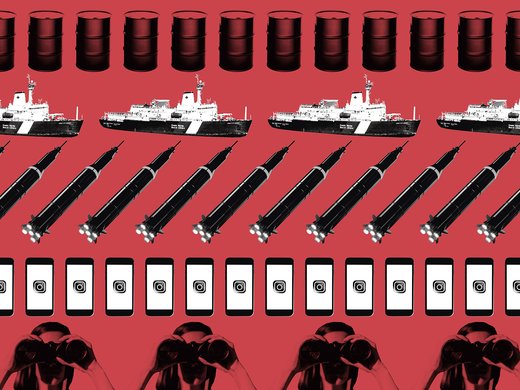On May 12–14, 2013, The Centre for International Governance Innovation hosted the third meeting of the Constructive Powers Initiative (CPI), held in Toronto, Ontario, Canada. The workshop, Internet Governance, Cyber Security and Digital Diplomacy, addressed how to regulate the Internet and the issues surrounding cyber security. The workshop focussed specifically on the research areas that the CPI participants would welcome, including implications of networked societies, consequences of widespread state capitalism, how to cope with the intersection of natural resource extraction and foreign policy, to what extent technology drives policy development, and whether or not regional organizations are up to the task of providing global public goods in the face of a security void.
This conference report includes the workshop agenda and participants biographies, and presents the findings of the workshop, concluding by considering the effect of the Internet, the proliferation of mobile phones, the pervasiveness of social media and the 24-hour news cycle on the ways governments, foreign ministries and diplomats work. The participants found it evident that the world’s mass adoption of telecommunications technology affects all governments, and that in this environment, effective diplomacy means that understanding interconnectivity and social media are not panaceas.


